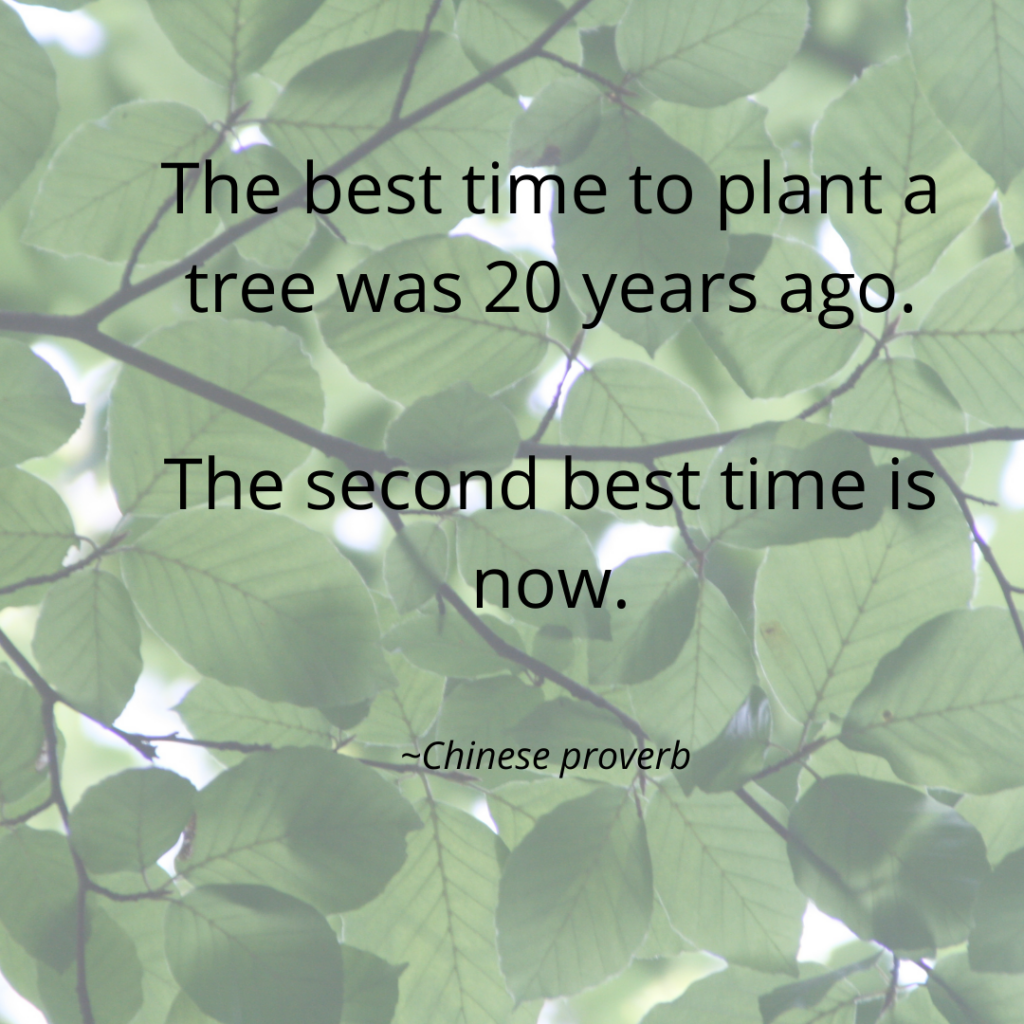By: Jessica Woodbridge, Senior Consultant
Are you someone who has a desire to learn a new skill? Perhaps you’d like to hone in on a skillset you already have to be able to do it even better?
“For the best return on your money, pour your purse into your head.”
― Benjamin Franklin
Professional development can look like building leadership skills. It can be learning new tools of your trade, such as how to read and understand an SEC filing, or to more efficiently work with data. It can involve just yourself or working with others. There are so many ways to continue your professional education, and the first step is asking yourself what it is you want to learn first.
It can feel hard sometimes to find the time to build new skills or further develop ones you already have. In the end, it is worthwhile both to you on your professional development journey, as well as to the organization where you work. Keep in mind that there are ways to do this that don’t necessarily require paying a fee. There are many resources that may be free or low cost/cost-effective. Signing up for emails or alerts might be a low-key way to begin fostering these skills. Inviting a colleague for a coffee chat to learn more about what they do may be another way. As you continue your journey, you may begin to zoom in on topics that are of particular interest to you or that you feel best suit you and your interests. It can be at this point that you may dig further into resources that best match these topics.
For me, I have always been interested in data. How to mine it, analyze it, and use it to make informed decisions. Last year, I decided to take it a step further by signing up to be a co-presenter at the 2024 NEDRA Conference. Our topic was on data compliance, and from the minute I signed up I immersed myself (when time was available) in all things to do with data privacy, compliance, security, etc. I signed up for Google Alerts on those topics, added myself to newsletter email lists from law firms, and sought to become a data compliance “expert”. By taking something I was already interested in, I further developed my knowledge of this topic and was then able to share my knowledge with others.
Now I’m not saying you must sign up to be a presenter at a conference, but there are other ways to develop your skills. You can sign up for webinars, which in some cases may be free (I will be giving some examples at the end). Other options are reading white papers, signing up for newsletters, or joining a listserv like PRSPCT-L. If your organization uses any vendors, they may have resources you can tap into as well. Memberships to professional organizations usually come with a fee, but if it is feasible to sign up, it will open more doors on your path to professional development.
Professional Development Resources for Nonprofit Professionals:
- Intelligent Edge by Helen Brown Group
- DAFinitively Speaking Blog by DAFinitive
- Blackbaud University*
- LinkedIn Learning*
- LinkedIn Online Resource Hub
- Associations*:
- Association of Prospect Research Professionals (APRA)
- APRA Chapters (such as NEDRA, CARA, APRA MidSouth, etc.)
*Membership or an account is required





